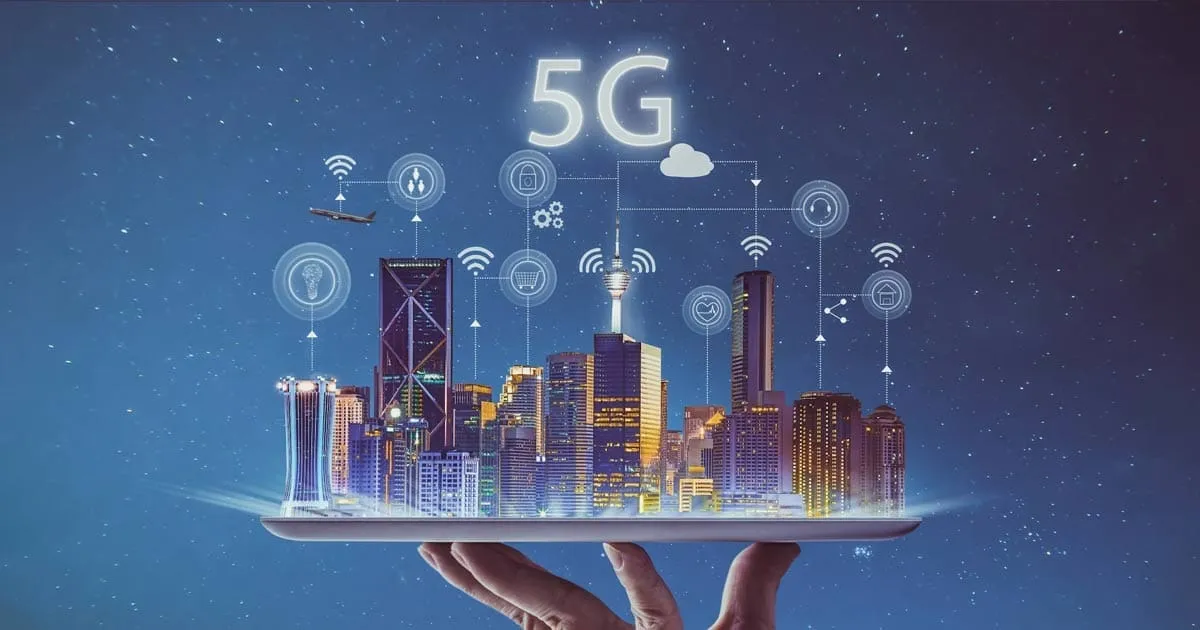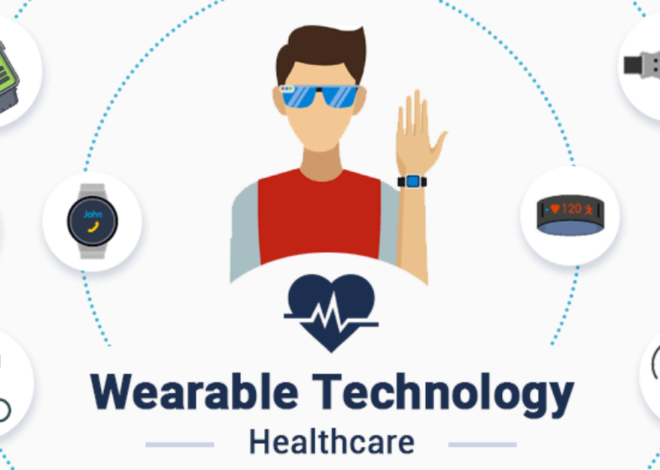
The Impact of 5G Technology on Connectivity
The arrival of 5G technology is revolutionizing the world of connectivity. With faster speeds, lower latency, and the ability to connect more devices simultaneously, 5G is poised to transform industries, businesses, and everyday life. This blog explores how 5G technology is reshaping connectivity and its potential impact on sectors like healthcare, entertainment, transportation, and beyond.
1. Faster Internet Speeds
One of the most significant impacts of 5G is its speed. 5G networks offer download speeds up to 100 times faster than 4G, making it possible to download HD movies in seconds, stream high-quality videos without buffering, and improve the performance of mobile apps. These speeds will enhance user experiences, making activities like online gaming, video conferencing, and social media usage smoother and more seamless.
2. Ultra-Low Latency
Latency refers to the delay between sending and receiving data, and 5G technology drastically reduces this delay to mere milliseconds. This ultra-low latency is crucial for applications that require real-time responsiveness, such as autonomous vehicles, telemedicine, and remote-controlled industrial machines. For example, surgeons can perform robotic surgeries from remote locations, and self-driving cars can communicate with each other and traffic systems instantly, improving safety and efficiency.
3. Enabling the Internet of Things (IoT)
5G will play a pivotal role in the growth of the Internet of Things (IoT). With its ability to support a massive number of connected devices, 5G will enable smart cities, connected homes, and advanced industrial applications. Smart sensors, appliances, and infrastructure will be able to communicate and share data instantly, leading to more efficient energy usage, optimized transportation systems, and improved urban management.
4. Impact on Healthcare
The healthcare industry stands to benefit enormously from 5G technology. Telemedicine will become more advanced, allowing doctors to monitor patients remotely with real-time data from wearable devices. 5G will also support the transmission of large medical files such as MRI scans, enabling quicker diagnosis and treatment plans. Additionally, real-time remote surgeries and robotic procedures could become more common, expanding healthcare access in underserved areas.
5. Transforming Entertainment and Media
With 5G, the entertainment industry will see significant advancements. Virtual reality (VR) and augmented reality (AR) experiences will become more immersive and interactive, making gaming, education, and even live events more engaging. 5G’s high-speed capabilities will also support the streaming of 4K and 8K content, improving the quality of video entertainment on mobile devices. This will create new opportunities for content creators and media companies to innovate.
6. Revolutionizing Transportation
5G technology will be a game-changer for transportation systems, particularly with the development of autonomous vehicles. The low latency and high connectivity of 5G will enable real-time communication between vehicles, traffic systems, and pedestrians, improving safety and reducing traffic congestion. Smart transportation networks will become more efficient, and vehicle-to-vehicle (V2V) communication will allow cars to navigate more intelligently.
Conclusion
5G technology is more than just faster internet; it’s a catalyst for innovation across multiple industries. From healthcare to entertainment, transportation to smart cities, the enhanced speed, reliability, and connectivity of 5G will drive advancements that were previously unimaginable. As the 5G network continues to expand, we are entering a new era of connectivity that will shape the future of technology and society.



